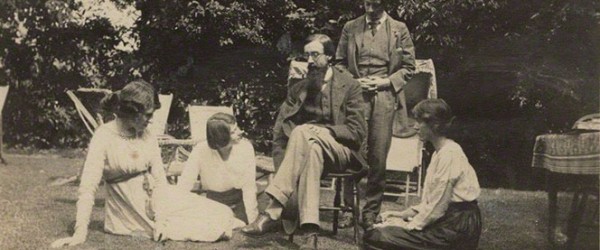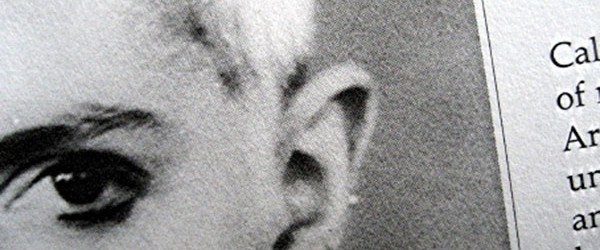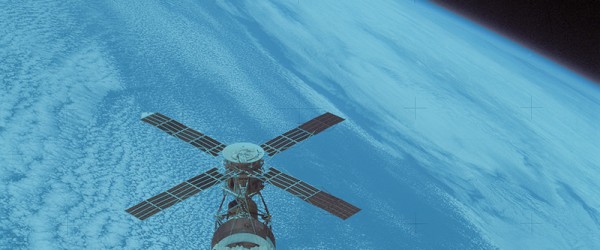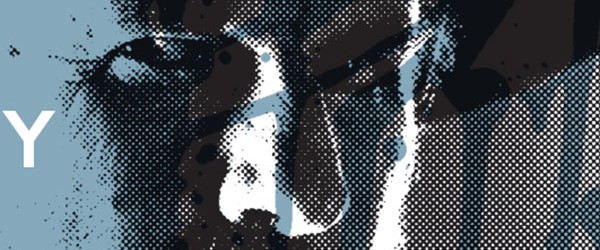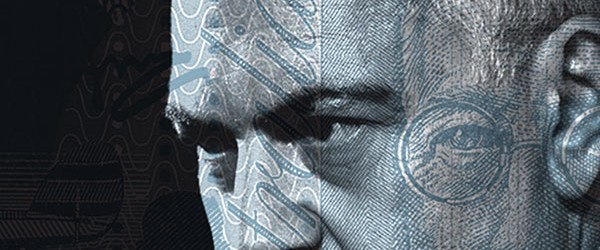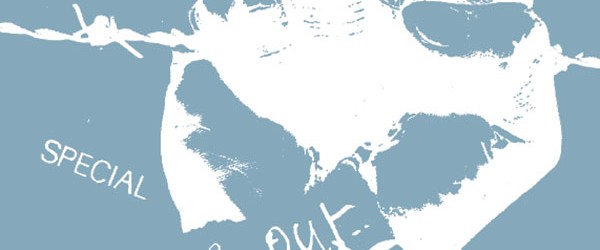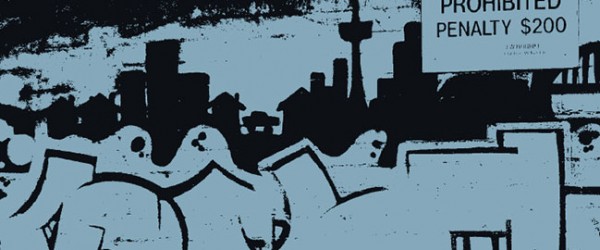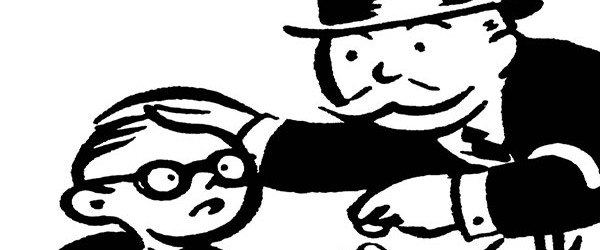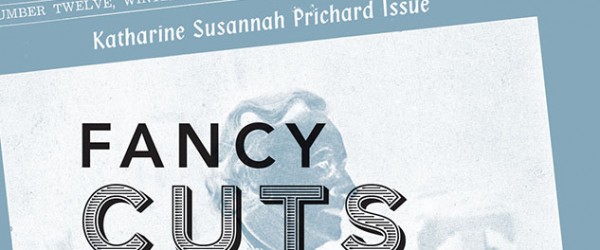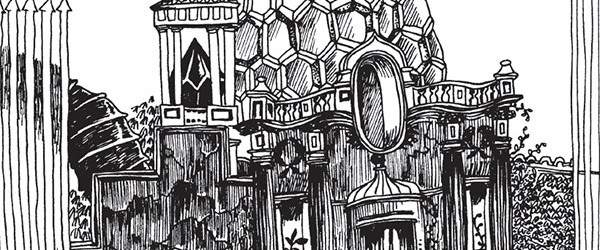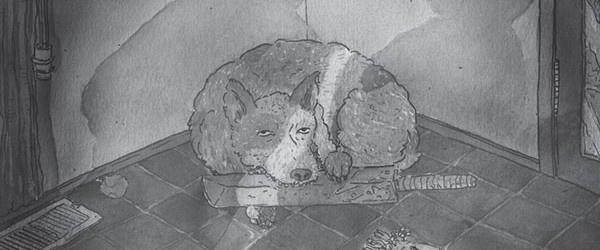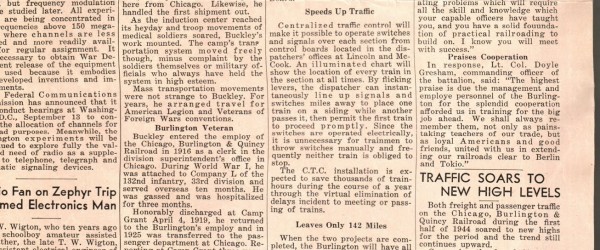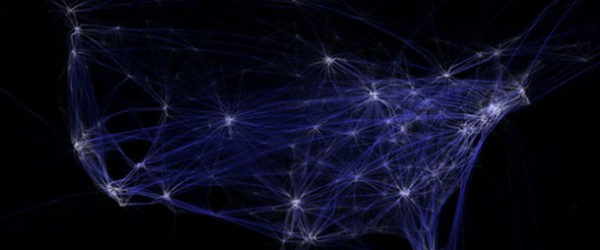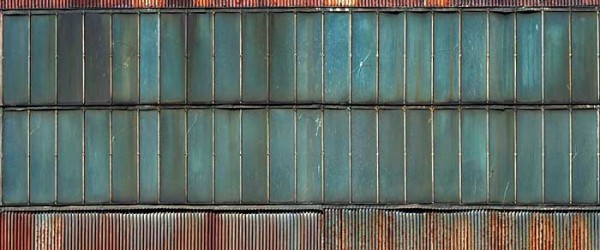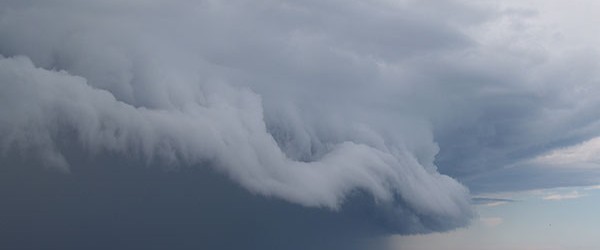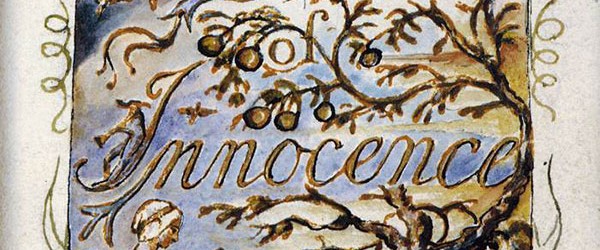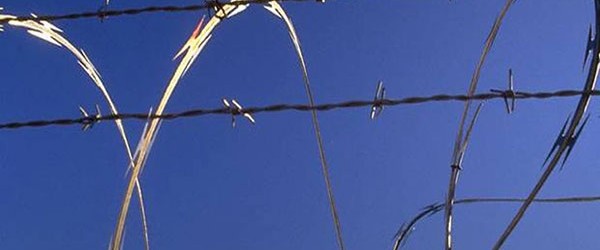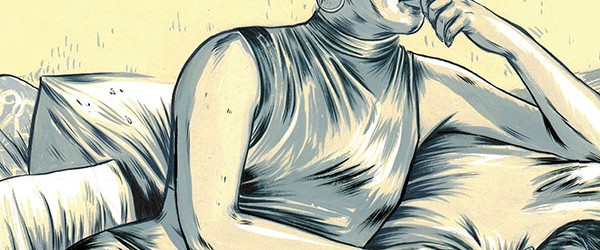
215 Winter 2014
Buy this issue

On being Queer and Indigenous, protest in a post-democracy era, the vocabulary of austerity, organising writers, Wolf Creek 2 as radical cinema and the history of girls in detention.
Issue Contents
Regulars
Giovanni Tiso
Mel Campbell
Stephen Wright
Alison Croggon
Features
Alexandra Heller-Nicholas
Peter Minter and Tony Birch
Sean Scalmer
Madeleine Hamilton
Maddee Clark
Anwen Crawford
James Muldoon
Jacinda Woodhead
Fiction
Katharine Susannah Prichard
Clare Rhoden
Fikret Pajalic
Tara Cartland
Jennifer Mills
Poetry
Jessica Hart
Michelle Cahill
Ann de Hugard
Stu Hatton
John Hawke
Eddie Paterson
Luke Best
Paul Giles
Jenni Nixon
Art
Sam Wallman, Amy Hill, Matt Huynh, Patrick Kyle, Marc Pearson, Jo Waite, Javed de Costa, Angela Mitropoulos and Mary Leunig
Editorial
Jeff Sparrow
Debate
Jinghua Qian
Browse the issue:
Features
Poetry
Art
Editorial

